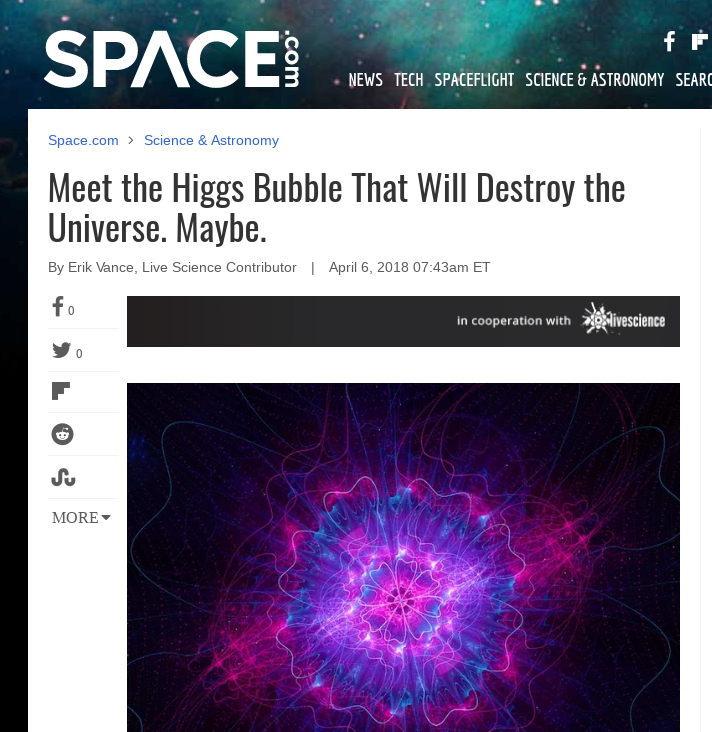Should Quantum Anomalies Make Us Rethink Reality? – Scientific American Blog Network:
“The tension between the anomalies and the current paradigm can only be tolerated by ignoring the anomalies. This has been possible so far because the anomalies are only observed in laboratories. Yet we know that they are there, for their existence has been confirmed beyond reasonable doubt. Therefore, when we believe that we see objects and events outside and independent of mind, we are wrong in at least some essential sense. A new paradigm is needed to accommodate and make sense of the anomalies; one wherein mind itself is understood to be the essence—cognitively but also physically—of what we perceive when we look at the world around ourselves.”
Tag: science
Do you trust this computer?
 … Do You Trust This Computer? … :
… Do You Trust This Computer? … :
“Science fiction has long anticipated the rise of machine intelligence. Today, a new generation of self-learning computers has begun to reshape every aspect of our lives. Incomprehensible amounts of data are being created, interpreted, and fed back to us in a tsunami of apps, personal assistants, smart devices, and targeted advertisements. Virtually every industry on earth is experiencing this transformation, from job automation, to medical diagnostics, even military operations. Do You Trust This Computer? explores the promises and perils of our new era. Will A.I. usher in an age of unprecedented potential, or prove to be our final invention?“
Teotwaki – The Higgs Bubble Way
Meet the Higgs Bubble That Will Destroy the Universe. Maybe … :
 “According to a recent paper, published on March 12 in the journal Physical Review D, the final moment for the universe will be triggered by a bizarre consequence of subatomic physics called an instanton.
“According to a recent paper, published on March 12 in the journal Physical Review D, the final moment for the universe will be triggered by a bizarre consequence of subatomic physics called an instanton.
This instanton will create a tiny bubble that will expand at the speed of light, swallowing everything in its path. It’s only a matter of time. [Top 10 Ways to Destroy Earth]
“At some point you will create one of these bubbles,” study lead author Anders Andreassen, a physicist at Harvard University, told Live Science. “It will be very unpleasant.
” By “unpleasant,” he means the end to all life — and, indeed, chemistry — as we know it.“
Agora – Hypatia of Alexandria

Hypatia of Alexandria lived in th 4th century A.D., in hard times for a female philosopher and scientist. According to Wikipedia, she is “the first female mathematician whose life is reasonably well recorded.” The astronomer and university teacher Hypatia tried to conserve the (ancient-classical) knowledge that was endangered by religious turmoil in the wake of the fall of the Roman empire.
Rachel Weisz plays a wonderful Hypatia in Amenábar’s movie “Agora“. In its end, she’s killed by religious fanatists (in this case Christian ones), who tear her skin off, mostly because she failed to comply with the religion’s rules and the position in society she was supposed to take.